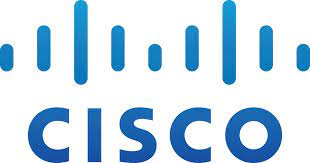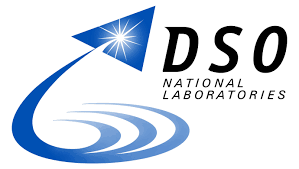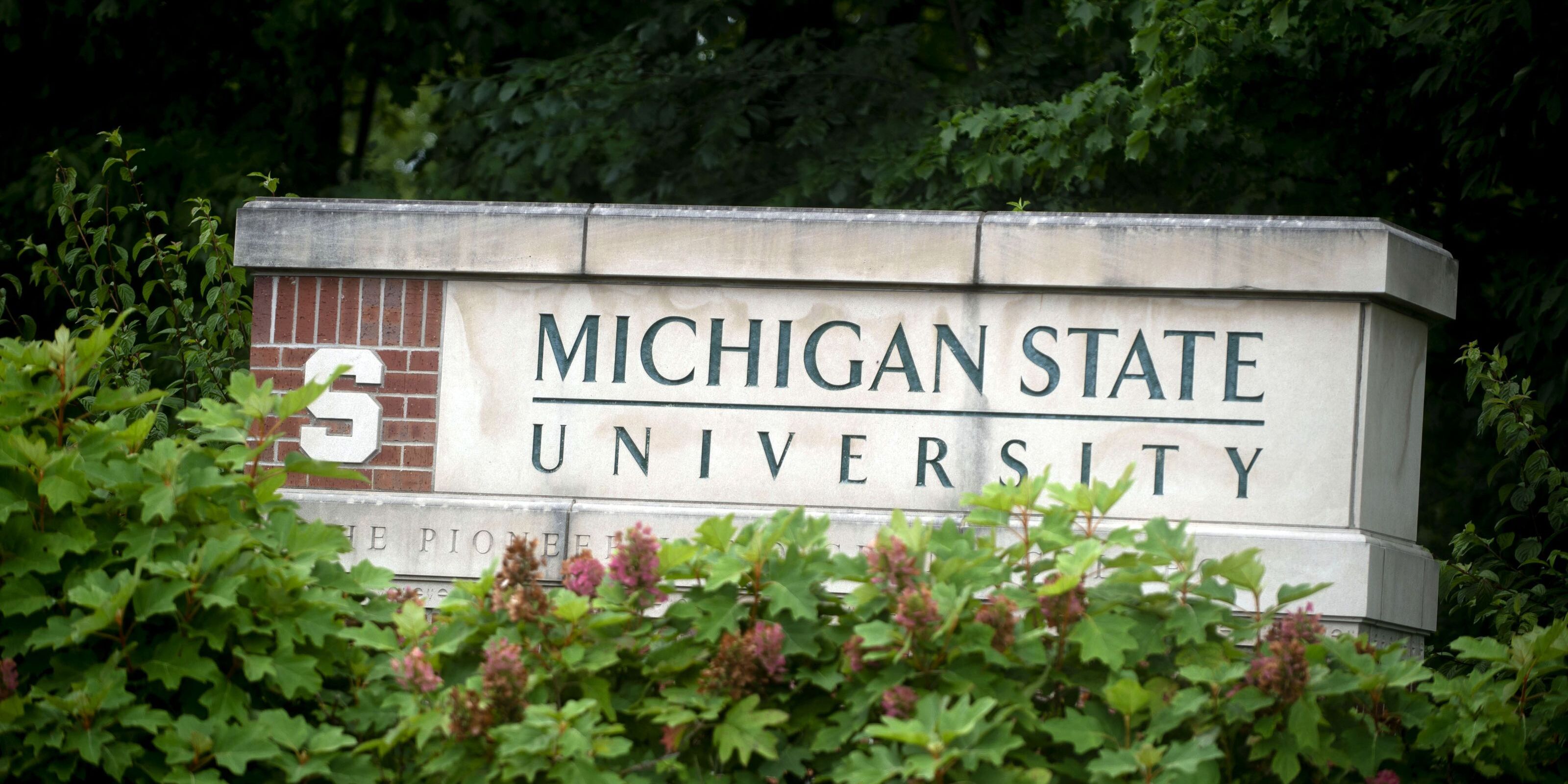Welcome to the OPTML Group
About Us
OPtimization and Trustworthy Machine Learning (OPTML) group is an active research group at Michigan State University. Our research interests span the areas of machine learning (ML)/ deep learning (DL), optimization, computer vision, security, signal processing and data science, with a focus on developing learning algorithms and theory, as well as robust and explainable artificial intelligence (AI). These research themes provide a solid foundation for reaching the long-term research objective: Making AI systems scalable and trustworthy.
As AI moves from the lab into the real world (e.g., autonomous vehicles), ensuring its safety becomes a paramount requirement prior to its deployment. Moreover, as datasets, ML/DL models, and learning tasks become increasingly complex, getting ML/DL to scale calls for new advances in learning algorithm design. More broadly, the study towards robust and scalable AI could make a significant impact on machine learning theories, and induce more promising applications in, e.g., automated ML, meta-learning, privacy and security, hardware design, and big data analysis. We seek a new learning frontier when the current learning algorithms become infeasible, and formalize foundations of secure learning.
We always look for passionate students to join the team in terms of RA/TA/externship/internship/visiting students (more info)!
Representative Publications
Authors marked in bold indicate our group members, and “*” indicates equal contribution.
Trustworthy AI: Robustness, fairness, and model explanation
-
Revisiting and advancing fast adversarial training through the lens of bi-level optimization
Y. Zhang*, G. Zhang*, P. Khanduri, M. Hong, S. Chang, S. Liu
ICML’22 -
Reverse Engineering of Imperceptible Adversarial Image Perturbations
Y. Gong*, Y. Yao*, Y. Li, Y. Zhang, X. Liu, X. Lin, S. Liu
ICLR’22 -
How to Robustify Black-Box ML Models? A Zeroth-Order Optimization Perspective
Y. Zhang, Y. Yao, J. Jia, J. Yi, M. Hong, S. Chang, S. Liu
ICLR’22 -
Fairness reprogramming
G. Zhang*, Y. Zhang*, Y. Zhang, W. Fan, Q. Li, S. Liu, S. Chang
NeurIPS’22 -
Proper Network Interpretability Helps Adversarial Robustness in Classification
A. Boopathy, S. Liu, G. Zhang, C. Liu, P.-Y. Chen, S. Chang, L. Daniel
ICML’20
Scalable AI: Model compression, distributed learning, black-box optimization, and automated ML
-
Advancing Model Pruning via Bi-level Optimization
Y. Zhang*, Y. Yao*, P. Ram, P. Zhao, T. Chen, M. Hong, Y. Wang, S. Liu
NeurIPS’22 -
Distributed Adversarial Training to Robustify Deep Neural Networks at Scale
G. Zhang*, S. Lu*, Y. Zhang, X. Chen, P.-Y. Chen, Q. Fan, L. Martie, L. Horesh, M. Hong, S. Liu
UAI’22 (Best Paper Runner-Up Award) -
Min-Max Optimization without Gradients: Convergence and Applications to Adversarial ML
S. Liu, S. Lu, X. Chen, Y. Feng, K. Xu, A. Al-Dujaili, M. Hong, U.-M. O’Reilly
ICML’20 -
A Primer on Zeroth-Order Optimization in Signal Processing and Machine Learning
S. Liu, P.-Y. Chen, B. Kailkhura, G. Zhang, A. O. Hero, P. K. Varshney
IEEE Signal Processing Magazine, 2020 -
An ADMM Based Framework for AutoML Pipeline Configuration
S. Liu*, P. Ram*, D. Vijaykeerthy, D. Bouneffouf, G. Bramble, H. Samulowitz, D. Wang, A. Conn, A. Gray,
AAAI’20
Sponsors
We are grateful for funding from Michigan State University, MIT-IBM Watson AI Lab, DARPA, Cisco Research, NSF, and DSO National Laboratories.





News
1. March 2023Grateful to receive a grant from DSO National Laboratories.
27. February 2023Two papers accepted in CVPR’23.
16. February 2023Three papers accepted in ICASSP’23.
11. February 2023CVPR’23 tutorial on Reverse Engineering of Deception: Foundations and Applications is accepted and will be given with Xiaoming Liu (MSU) and Xue Lin (Northeastern).
09. February 2023AAAI’23 tutorial on Bi-level Optimization in ML: Foundations and Applications is now available!
20. January 2023Four papers accepted in ICLR 2023: Issues and Fixes in IRM, TextGrad: Differentiable Solution to NLP Attack Generation, Provable Benefits of Sparse GNN, Sample Complexity Analysis of ViT
17. December 2022One paper accepted in ASPDAC 2023: Data-Model-Circuit Tri-Design for Ultra-Light Video Intelligence on Edge Devices.
17. December 2022One paper accepted in SANER 2023: Towards Both Robust and Accurate Code Models; Equally contributed by Jinghan Jia (MSU) and Shashank Srikant (MIT).









